Media and communication
More about:
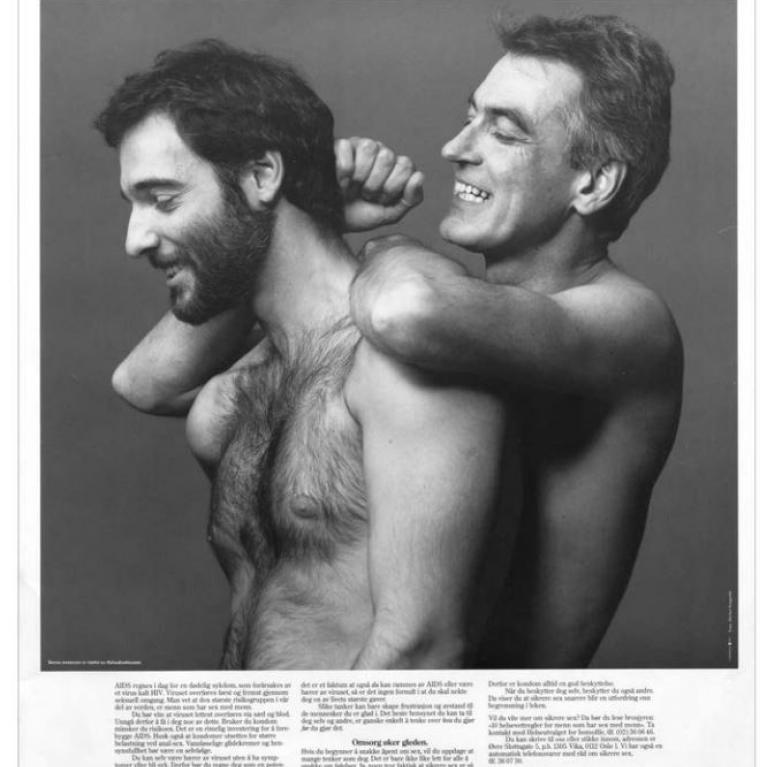
How the AIDS epidemic changed Norway
According to historians, the Norwegian authorities reacted differently to the AIDS epidemic than other Western countries.
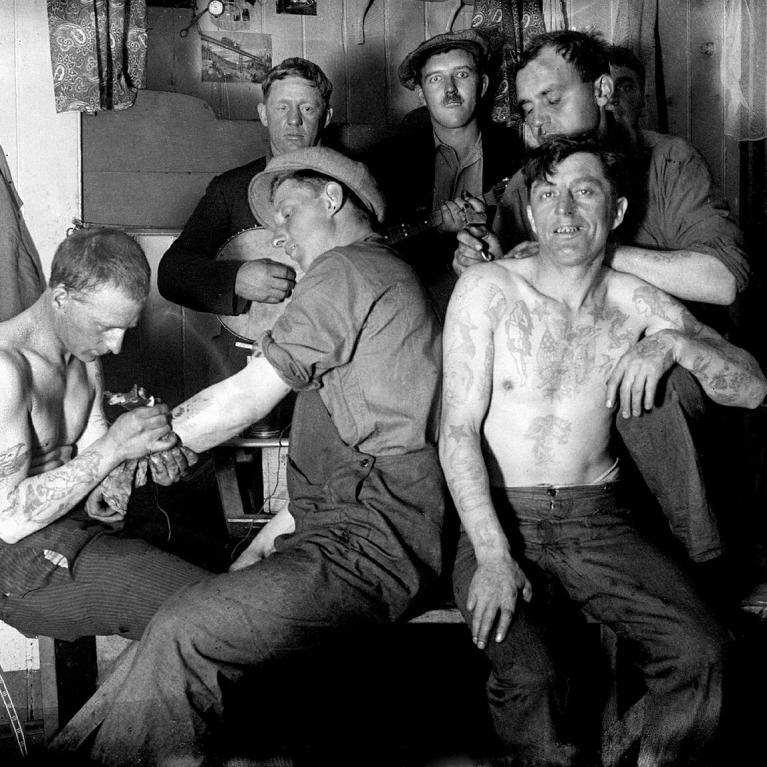
Whalers dressed up as women and slept snugly together
At the same time, life on the whaling vessels was both boring and extremely dangerous, according to one researcher.
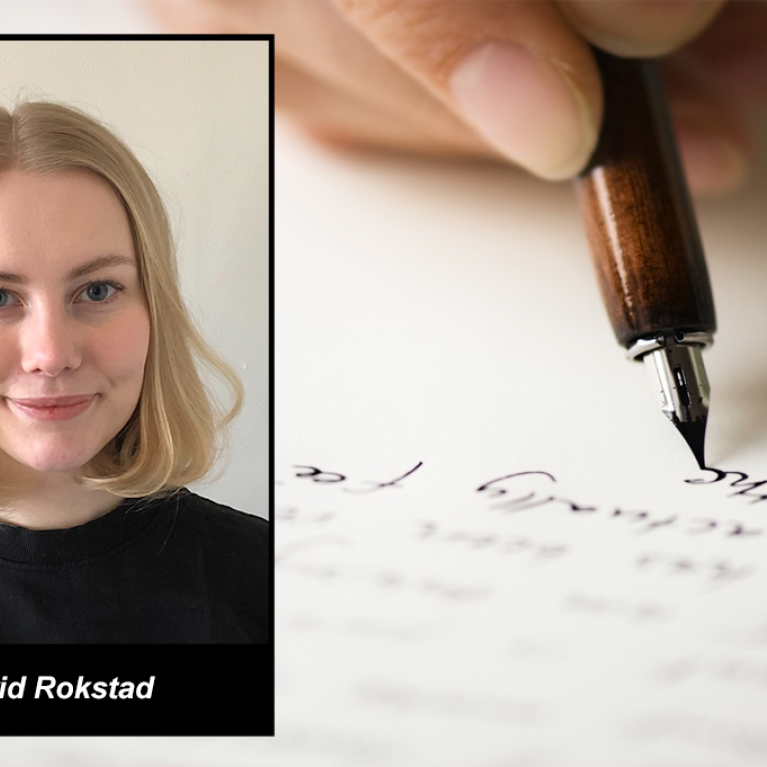
“I don't post porn”: Norwegian master's thesis about OnlyFans
The competition on the popular site was fierce. In the beginning, the women made a decent profit from their content, but then the income dwindled, writes Astrid Rokstad in the masters blog.
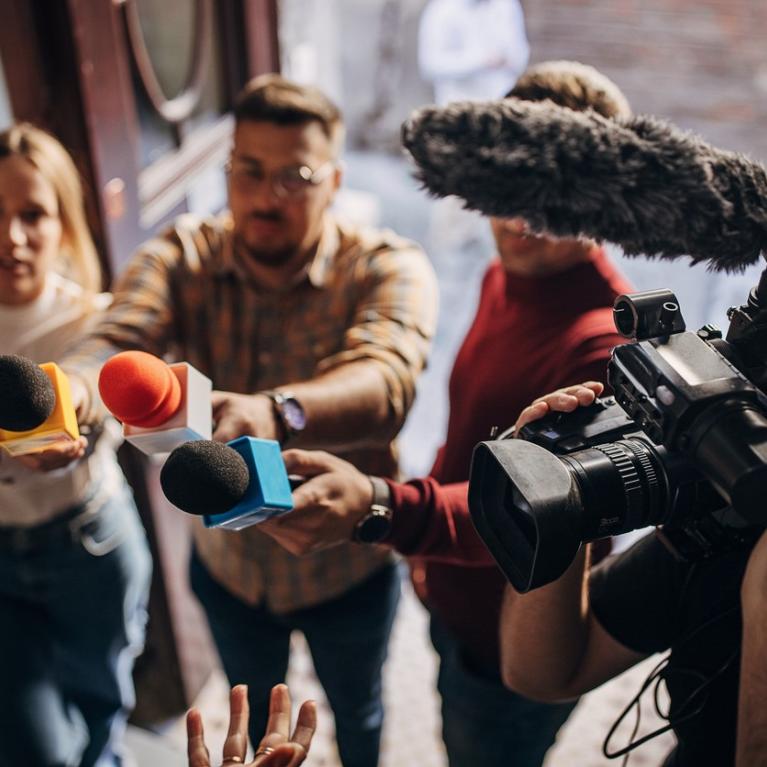
#MeToo has changed how the media portrays rape
Sexual violence happens in every country, yet journalists have often depicted it as some kind of sensation. “I wanted to find out if this changed as a consequence of the MeToo movement,” says journalist Thea Storøy Elnan.

Critical colleagues may prevent researchers from stepping into the public eye
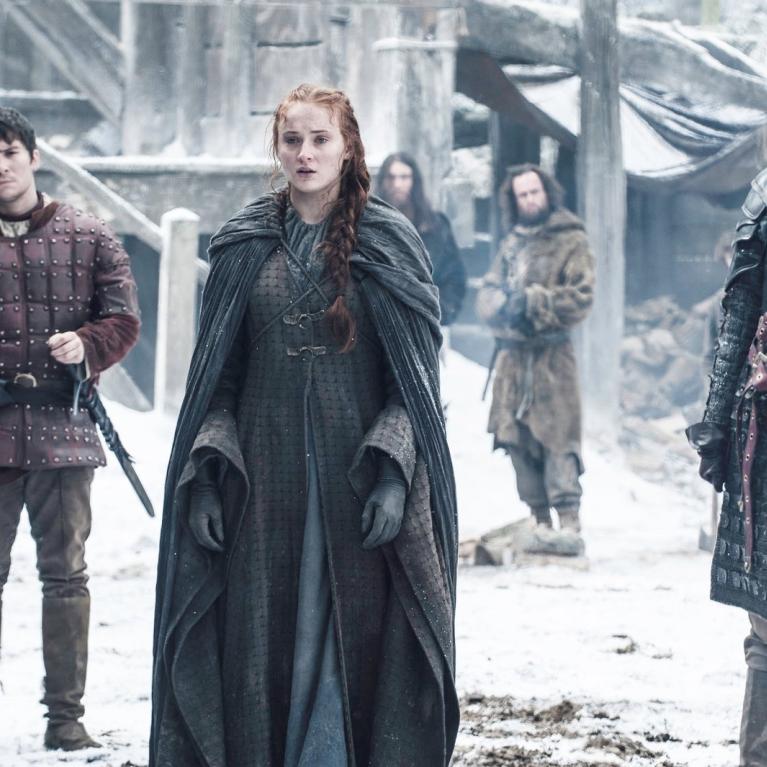
Game of Thrones tampers with traditional gender roles
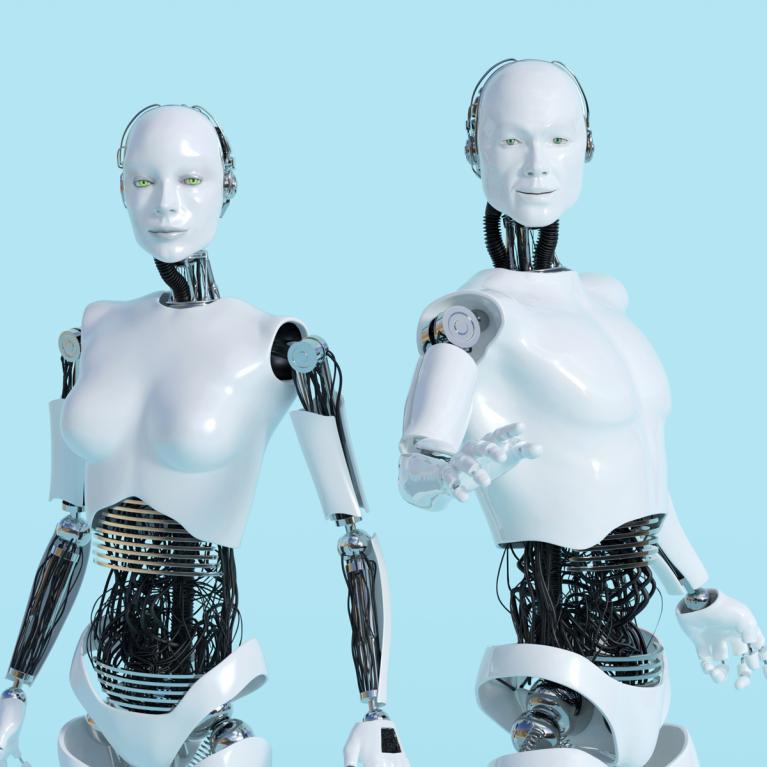
Intelligent robots may strengthen gender norms
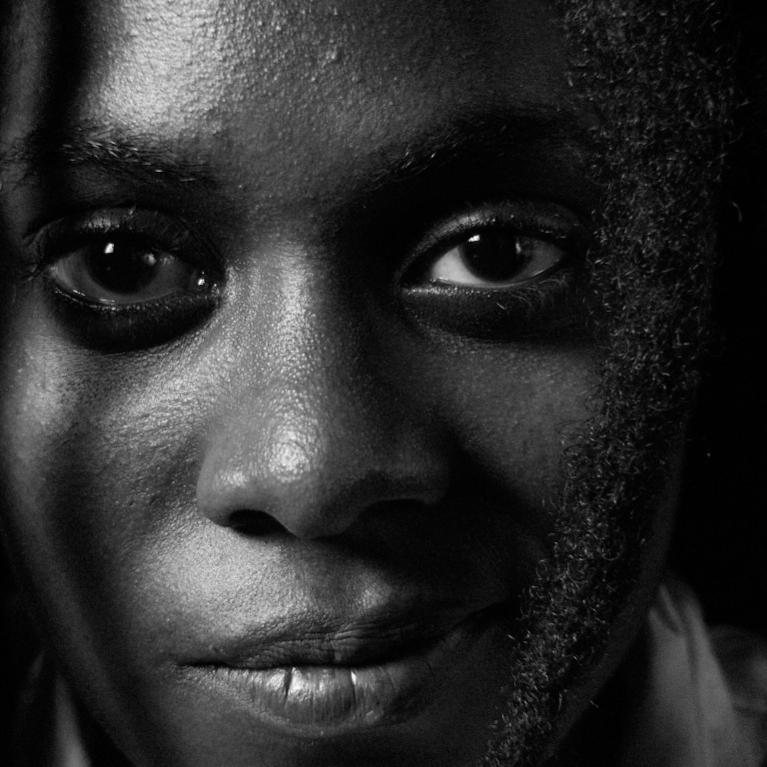
Returned girl soldiers in Congo are stigmatised
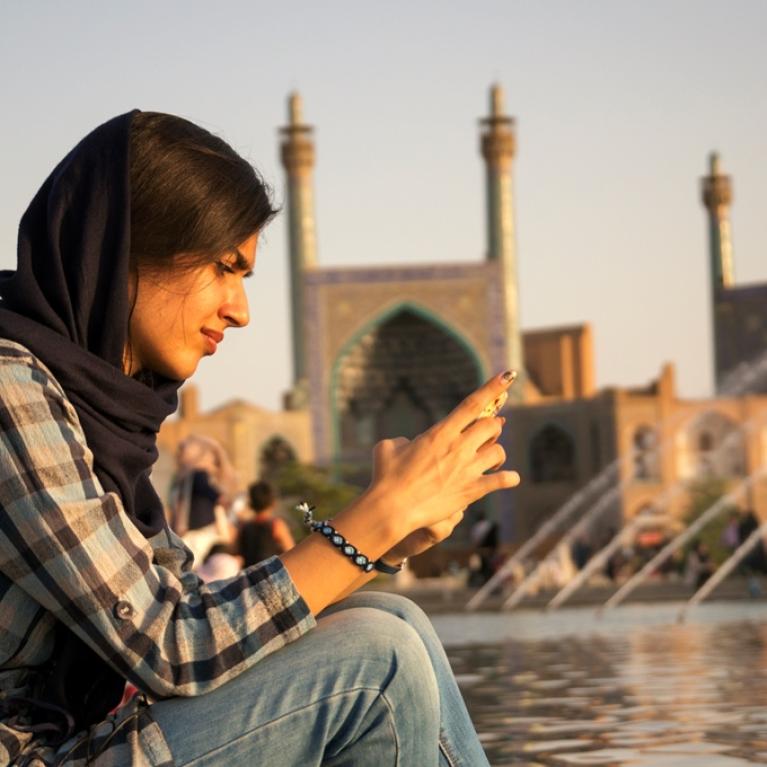
Iranian women become political players through Facebook

Design may alter gender stereotypes
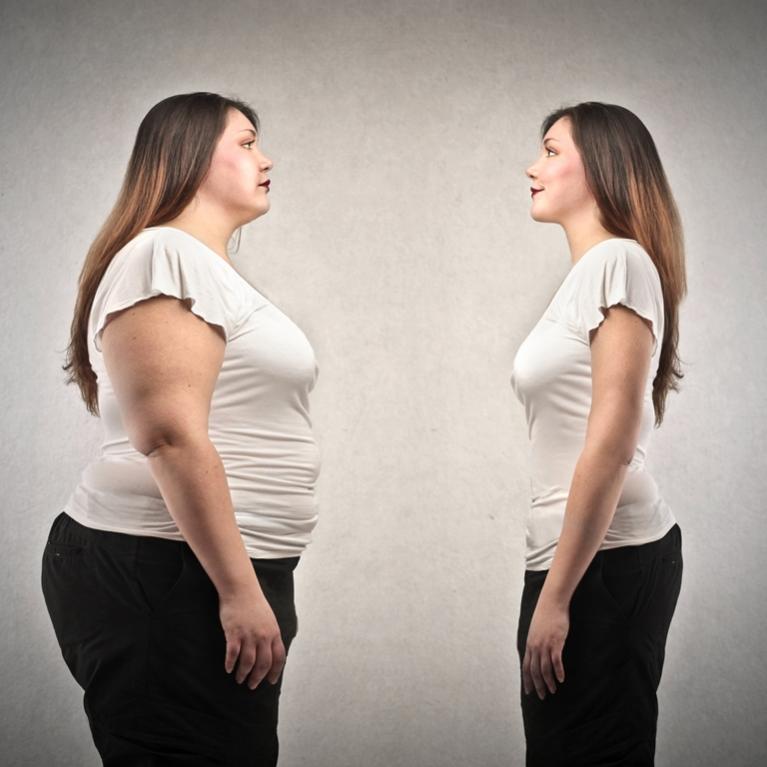
Eternal witch-hunt for the fat body
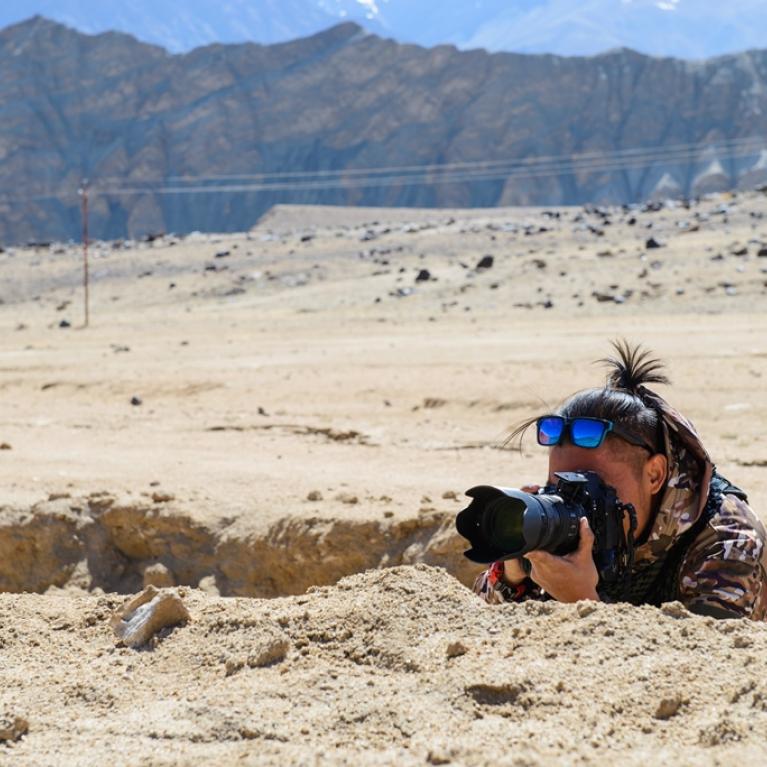
Gender matters in war reporting
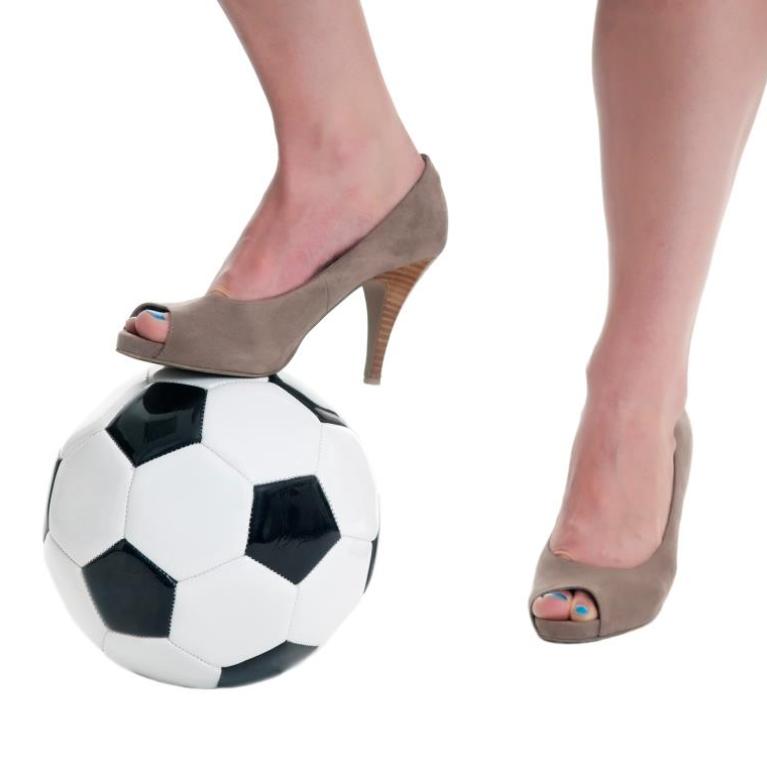
Football on high heels
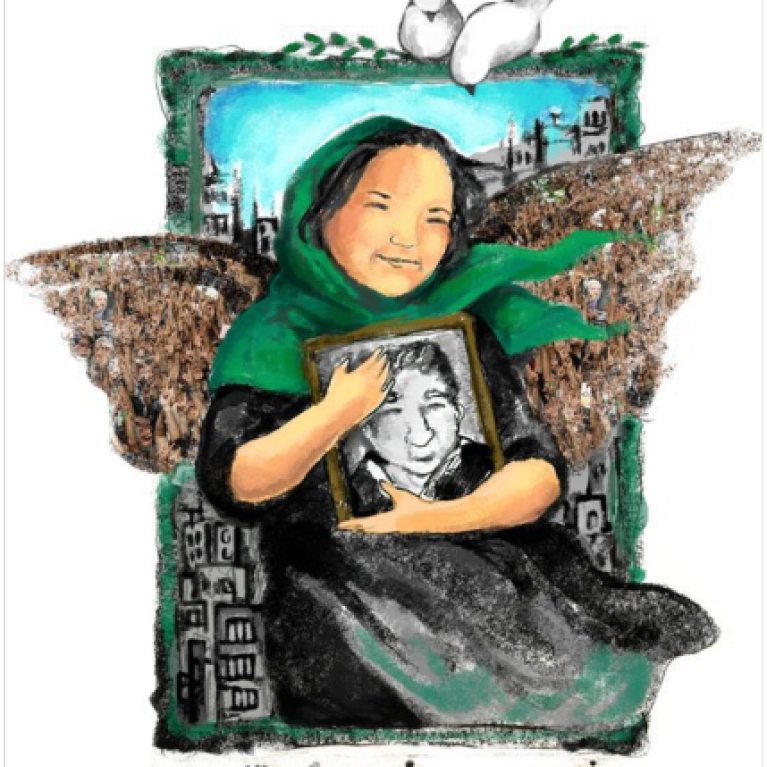
Martyrs on Facebook
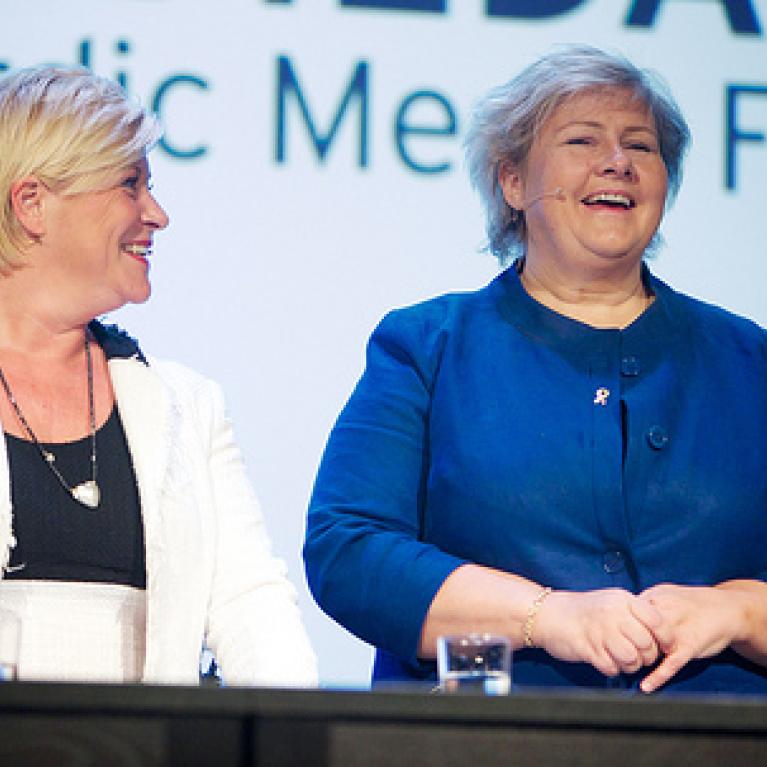
Media images of women are getting worse
Publikasjoner
News Magazine
Our news magazine is an independent online newspaper and a member of the Norwegian Specialised Press Association Fagpressen.